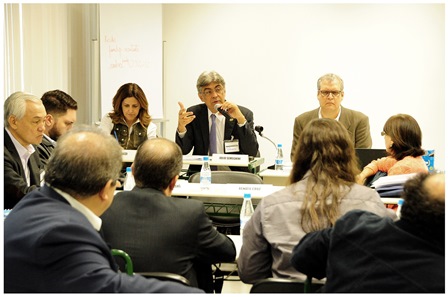
The São Paulo State government's innovation space, at the headquarters of the Fundação do Desenvolvimento Administrativo (Fundap), in Pinheiros, opened with a debate with around 50 experts in information technology and public policies on alternatives to expand the Acessa program. São Paulo, the largest digital inclusion program in the country with 847 posts in 600 municipalities.
The Undersecretariat for Technology and Citizen Services, linked to the State Secretariat of Government, intends to expand partnerships with other secretariats, private companies and civil society organizations to bring internet access to the entire population of São Paulo and to develop new models of action for the Acessa units. São Paulo, with more space for training and professional training and encouragement of entrepreneurship, among other actions.
“Acessa SP was created 15 years ago, when the majority of the population still did not have a cell phone, and we need to reassess the concept of digital inclusion, taking into account the new reality and the wide access of people to technology”, comments Júlio Semeghini, holder of the Subsecretariat of Technology and Services to the Citizen, responsible for the program, together with Prodesp (a State Information Technology company) and the Escola do Futuro, from USP.
Representatives of universities, different state government bodies (secretaries, Fundação Seade and Centro Paula Souza), CGI (Internet Management Committee), companies (Google and Grupo Tellus), communities ( Coletivo Digital) and specialized media.
During the debates, ideas emerged – which will be detailed in work groups – so that the AcessaSP stations have new equipment, undergo a remodeling of the physical space, becoming places where users can also take their equipment and connect to the network, working in the coworker model (collective workspace for freelancers and entrepreneurs); new content, mainly focused on demands such as games, robotics and reinforcement in the training of monitors; in addition to expanding WiFi coverage.












